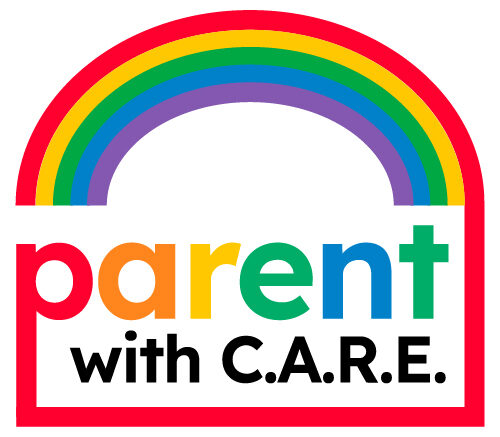Often the conflicts that arise between parents and children are because each person is doing their job well: parents put clear and firm boundaries in place and kids push against those boundaries. This is especially true during the pre/teen years. But there is another source of conflict that is important to explore: mismatched expectations.
A wise counselor once told me that many painful experiences stem from unmet expectations. When it comes to parenting, we have a lot of expectations for our kids and we often make our expectations crystal clear, yet sometimes we are still frustrated, hurt, or angry when our kids don’t meet those expectations.
First, we need to explore whether the expectation actually matches the child and allow for the possibility that the expectation is the problem, not the child.
You wouldn’t expect a 5-year-old child to produce a complete 7-course gourmet meal for 12 people because that task is clearly not matched to the culinary skills a 5-year-old is likely to have (although, if your 5-year-old is up to the task please send them my way!). But it is completely appropriate for you to expect your 5-year-old to help you make dinner by stirring ingredients together, or helping to set the table.
Let’s take grades as an example. You may expect your child to earn excellent grades in all of their classes. You believe you have provided them with the tools, resources, and support they need. They have demonstrated their capabilities, and you know they are smart. You have made it clear you expect to see straight A’s, but time and time again you are disappointed or angry to see that C (or D, or F) in one class or another.
What’s really going on? Only your child knows for sure, and they may not even be able to articulate it. Maybe they find the class to be irrelevant so they are checked out. There could be a negative teacher-student dynamic that you aren’t aware of, or maybe your kid is rebelling or shutting down in reaction to a trauma. Are they struggling to balance grades with too-many extracurricular activities? Is it possible that your child actually doesn’t have the capability you believed they did in that subject area and the grade you are so disappointed in really is the best they can do? You need to find out what is going on, and you may have to dig creatively to find out the answer, and be willing to hear it.
If you continue to simply bash them over the head with your expectations you may create a wound in your relationship, and likely in their view of themselves, that will be challenging to heal.
Think for a moment about all of the expectations you have for your pre/teen. What do they clearly know you expect of them: chores, grades, respectful communication, participation in family activities…. Consider, do your expectations not only match your child’s capabilities, but also their interests, skills, and values?
Read that again. I’m not asking if your expectations are appropriate or reasonable, I’m asking if you and your child share and value the same expectations.
Your pre/teen is an independent being and has the right to decide what they are willing and able to do. This comes into play with school work, style of dress, taste in music, vocational goals, sexual activity, and on and on. And the frustrating thing is, you can’t force them to bend to your expectations if you want to have a healthy relationship based on trust, love, and connection.
When your child fails to meet your expectations and you feel yourself reacting with strong emotion (anger, hurt, disgust, irritation) you need to determine what is really going on and you need to start with you.
- Why does it matter to you? Consider what’s really at stake. Is it an issue of physical or emotional safety? Or is it a concern about what the neighbors will think? If you aren’t sure about why these would require different responses, we definitely have some things to talk about, so get in touch.
- Consider whether or not your expectation really is clear to your child. “Don’t be home too late,” is very different from, “Be home by 10 PM because I have an early meeting tomorrow and that’s when I need to get to sleep. If you aren’t in the house by then, I will be awake and worried for your safety.”
- Determine if your child buys into your expectations. This can only happen when your expectations are developed collaboratively with your child. As teens become more and more independent, they are less and less likely to adhere to expectations they don’t share. Or they will simply comply with resistance that will breed resentment.
- Are you consistent with consequences? We will delve into natural and logical consequences another time, but think about each time your child hasn’t met your expectations and you followed through with a consequence – have you been consistent? Or has your child learned that consequences depend on your mood, your stress level, or any other number of other factors? Teens will test, and test, and test – it’s literally their job as their brains are developing the ability to make decisions and judgements.
The next time you feel a negative response to your child not meeting one of your expectations, stop and take a breath (or several), and invite your child into conversation. Explain what you are feeling, why you are feeling it, and work together to find a solution. The goal, as always, is to stay connected and parent with your child, not force compliance.
Remember: compassion, awareness, respect and empathy is parenting with care.
Want to talk more about this? Let’s schedule a quick chat!

